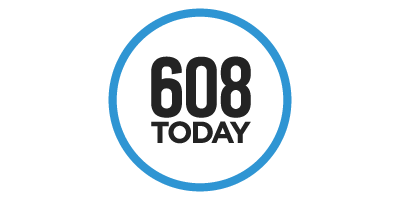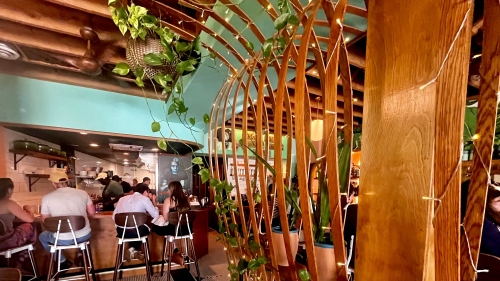In our new series, Back to Class, we’ll learn a thing or two from local intellectuals. Whether it be about solar flares or sociology; animal husbandry or psychology; botany or why Beethoven’s symphonies continue to inspire, we’ll have brief Q+As with local leaders in their fields.
Today, in honor of Cancer Prevention Month, we’re in conversation with Dr. Noelle LoConte. She is an Associate Professor of Medicine at UW School of Medicine and Public Health, and an oncologist at UW Health’s Carbone Cancer Center.
Q: What is your involvement in cancer prevention?
A: My research is in the area of cancer control. Specifically, I am interested in how to get all patients access to cancer screening as well as alcohol control to limit alcohol-associated cancers.
Q: Any cutting-edge research, studies, or breakthroughs being done in regard to cancer cures?
A: This is a bit of a loaded question. “Cancer” is not one illness and there will not be one “cure.” We make advances every day through basic science which leads to clinical trials which leads to population efforts. The rates of cancer survival are improving every year. But not everyone sees the same benefit, which is part of what I work on.
Q: What contributions have been made by UW-Madison?
A: UW has pioneered many incredible advances in cancer – just a few are creating the SPF (Sun Protection Factor) for sunscreen; doing the first successful bone marrow transplant for cancer; doing the phase 1 study for tamoxifen (a key medicine for breast cancer prevention and treatment); and the discovery of 5-fluorouracil (or 5-FU) which is one of the most commonly used chemotherapy drugs globally for gastrointestinal cancers.
We also designed some of the earliest targeted radiation therapy equipment. This kind of work continues every day at UW Carbone Cancer Center.
I’m particularly excited about some unique clinical trials we have with drugs that help our own immune systems fight cancer.
Q: Any new statistics you can share that denote progress in regard to cancer prevention?
A: Cancer screening has been a big success, especially in colorectal cancer. The rates of this cancer are almost half of what they used to be, and that is entirely due to screening. But one very important caveat is that we are seeing rising rates in people too young to be screened (under 45 years old). Access to screening remains critical and we continue to push and hope for expanded insurance access for all Wisconsinites to be screened, which is covered under the Affordable Care Act (ACA).
Q: Is there anything that Wisconsinites in particular should be aware of?
A: One area where Wisconsin lags significantly is alcohol consumption. Alcohol is a carcinogen and causes about 5% of all cancers, including head and neck cancer, some esophageal cancers, colorectal cancer, and breast cancer. We are almost always at the top of all “drunkest” lists and high-risk drinking lists. This consumption has worsened with the pandemic.
Q: What, generally, would you like the public to know about UW Health’s work in cancer? What might they do to help?
A: I would want people to know that you have world-class cancer research and treatment in your backyard. You can support us through our fundraisers, like the Badger Challenge and the Race for Research, but also by supporting good federal funding for the National Cancer Institute which helps to fund our scientists, our center and clinical trials.
We also need volunteers for things like our races, but also for our community advocacy and advisory boards.













